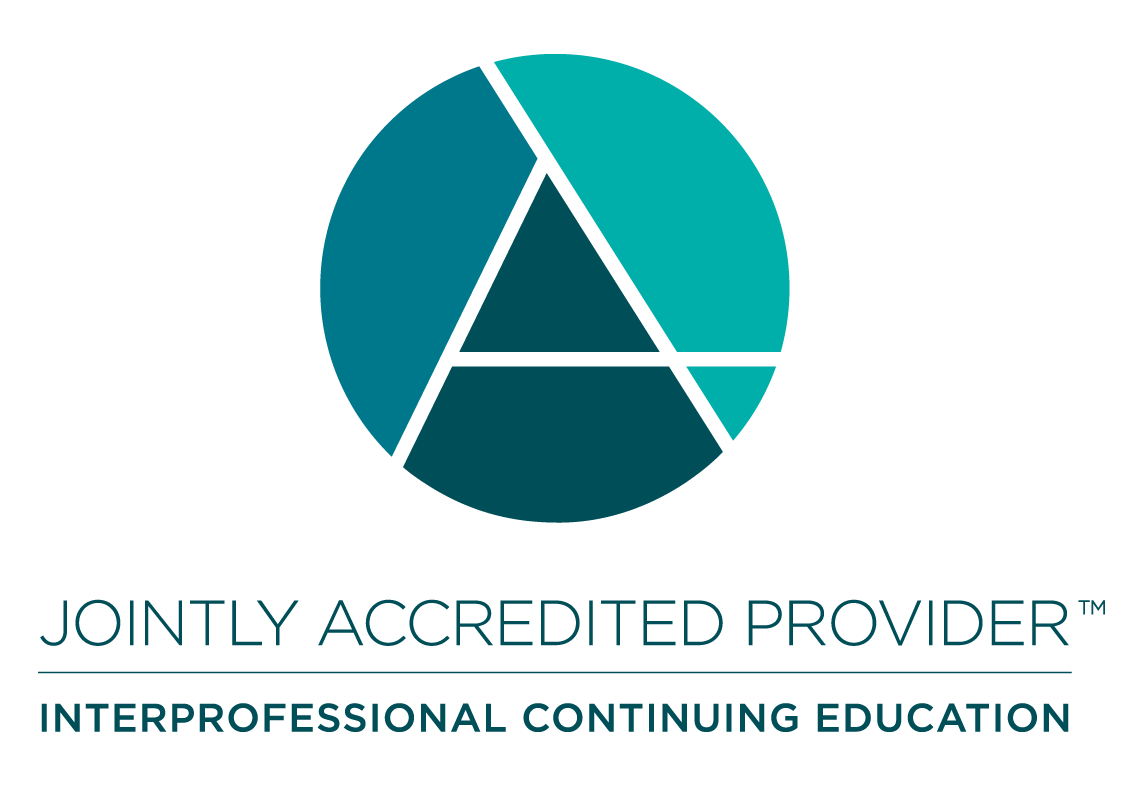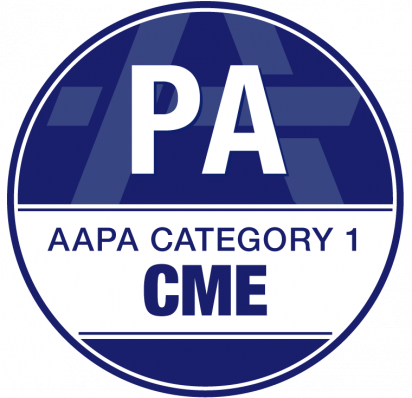
The ASAM Criteria Online Foundations Course
-
Register
- Non-Member - $199
- Regular Member - $149
- Retired - $149
- Early Career Physician - $149
- Resident - $99
- Student - $99
- Associate - $99
- ASAM Staff - Free!
- International Member - $149
- Emeritus Member - $149
- Provisional Member - $149
- Fellow Member - $149
- Honorary Member - $149
- CRT Member - $199
The ASAM Criteria Online Foundations Course
Updated Certificates: February 2024
On-Demand Course
Welcome to The ASAM Criteria interactive hybrid asynchronous Online Course! The ASAM Criteria Online Foundations Course is an 8-hour fully self-paced course designed to help counselors, social workers, administrators, and other clinical staff develop patient-centered service plans and make objective decisions about patient admission, continuing care, and transfer/discharge for individuals with addictive, substance-related, and co-occurring conditions.
This interactive hybrid asynchronous course is comprised of reading-based, some recorded video-based, online delivery, and can be completed at your own pace. The flow of this course uses a mix of didactic materials, case studies, learning activities, and assessments to help you understand the underlying principles of the ASAM Criteria and how to conduct multidimensional patient assessment and determine an appropriate level of care. By utilizing real-world scenarios, the course will prepare you to implement the ASAM Criteria effectively within the context of system challenges.
The target audience for this introductory activity includes physicians, nurse practitioners and nurses, PAs, counselors, social workers, administrators, and other clinical staff.
Learning Objectives
Upon completion, you will be able to:
- Describe the underlying principles and concepts of the ASAM Criteria.
- Identify the six dimensions of the ASAM Criteria’s multidimensional patient assessment.
- Determine treatment priorities based on risk assessment to guide treatment and service planning.
- Determine an appropriate level of care and treatment priorities based on risk assessment.
- Implement the ASAM Criteria, in the context of system challenges, for patients with addiction to ensure appropriate level of care and treatment outcomes.
Registration Rates
| Rate Description | Rate |
| ASAM Member | $149 |
| Non-Member | $199 |
| Associate Member | $99 |
| Resident Member* | $99 |
| Student Member* | $99 |
*Residents, Fellows-in-training, Interns, and Students must join ASAM to receive a discounted registration rate. Click here to become an ASAM member. National and Chapter membership dues apply. There is no charge for Students to become a Member, but verification of student status is required.
Membership Question? Call ASAM at 1.301.656.3920, email us, or view the ASAM website for more information.
Refunds & Cancellations
All ASAM e-Learning Center refund requests must be made in writing to education@asam.org within 90 days of purchase. Those requesting refunds for courses that are in progress will receive partial refunds or e-Learning Center credit. Automatic full refunds will be made for any course with a live-course component that has been cancelled.
Registration Deadline: 02/27/2027
Registrant Access Closed: 03/06/2027
Course Instructions
- Click on the Contents tab to complete modules.
- Click Complete Post Test to answer multiple choice questions. Participants will have 10 attempts to pass and must answer 4 out of 5 questions correctly.
- Click Complete Evaluation to provide valuable activity feedback. Scroll down on all questions as there may be answer options that expand past the size of the window.
- Click the button Claim Credits in the box titled Claim Credits & Certificate. Choose the type of credit and click submit. Click the button View/Print Certificate to save or print your certificate. You can view/print your certificate at any time by visiting the ASAM eLearning Center, clicking Dashboard, and clicking Transcript/Achievements.
Need Assistance?
For assistance logging in, accessing activities, claiming credit, or for other questions or concerns, please check the FAQ page or e-mail Education@ASAM.org
ASAM is proud to offer Essential Accessibility to ensure our website is accessible and functional for all our learners while providing free assistive technology for people with the widest possible range of abilities.
Key:
Accreditation & Credit Designation Statements
Joint Accreditation Statement

In support of improving patient care, the American Society of Addiction Medicine is jointly accredited by the Accreditation Council for Continuing Medical Education (ACCME), the Accreditation Council for Pharmacy Education (ACPE), and the American Nurses Credentialing Center (ANCC), to provide continuing education for the healthcare team.
Physicians
The American Society of Addiction Medicine designates this enduring material for a maximum of 8 AMA PRA Category 1 Credits™. Physicians should claim only the credit commensurate with the extent of their participation in the activity.
Nurses
This activity awards 8 Nursing contact hours.

PAs
ASAM has been authorized by the American Academy of PAs (AAPA) to award AAPA Category 1 CME credit for activities planned in accordance with AAPA CME Criteria. This activity is designated for 8 AAPA Category 1 CME credits. Approval is valid until 01/31/2027. PAs should only claim credit commensurate with the extent of their participation.
Social Workers
As a Jointly Accredited Organization, ASAM is approved to offer social work continuing education by the Association of Social Work Boards (ASWB) Approved Continuing Education (ACE) program. Organizations, not individual courses, are approved under this program. Regulatory boards are the final authority on courses accepted for continuing education credit. Social workers completing this course receive 4 general continuing education credits.
IPCE Credit
This activity was planned by and for the healthcare team, and learners will receive 8 Interprofessional Continuing Education (IPCE) credits for learning and change.
National Board for Certified Counselors ACEP
The American Society of Addiction Medicine has been approved by NBCC as an Approved Continuing Education Provider, ACEP No. 7062. Programs that do not qualify for NBCC credit are clearly identified. The American Society of Addiction Medicine is solely responsible for all aspects of the programs.
NAADC
This course has been approved by the American Society of Addiction Medicine (ASAM) as a NAADAC Approved Education Provider, for 8 CE(s). NAADAC Provider #295, the American Society of Addiction Medicine (ASAM) is responsible for all aspects of its programing.
California Association for Drug/Alcohol Educators (CAADE)
This educational program is approved by CAADE: #CP40 999 1225.
California Association of DUI Treatment Centers (CADTP)
This educational program is approved by CADTP: #205.
California Consortium of Addiction Programs and Professionals (CCAPP)
This educational program is approved by CCAPP: #OS-20-330-1224.
Continuing Education Credits (CEUs)
Upon completion of the activity and online evaluation, all other participants may request a certificate of participation. Participants may submit this certificate of participation to their professional organization/institute as documentation for completing this accredited continuing activity.
Maintenance of Certification (MOC) or Continuing Certification Programs (CCP)
This activity meets the requirements for MOC/CCP for the following primary physician boards and for state licensing CME requirements. MOC Credit is only reported for ABA, ABP, ABIM, and ABS. By completing the online credit application and evaluation, the learner permits ASAM to report credits to the appropriate Board. Learn more.
- American Board of Medical Specialties (ABMS)
- American Board of Preventive Medicine (ABPM)
- American Board of Internal Medicine (ABIM)
- American Board of Pediatrics (ABP)
- American Board of Surgery (ABS)
- American Board of Psychiatry and Neurology (ABPN)
- American Board of Addiction Medicine (ABAM)
- Royal College of Physicians and Surgeons of Canada (RCPSC)
- Through an agreement between the Accreditation Council for Continuing Medical Education and the Royal College of Physicians and Surgeons in Canada, medical practitioners participating in the Royal College MOC Program may record completion of accredited activities registered under the ACCME’s “CME in Support of MOC” program in Section 3 of the Royal College’s MOC Program.
Disclosure Information
In accordance with disclosure policies of ASAM and Joint Accreditation, the effort is made to ensure balance, independence, objectivity, and scientific rigor in all CME/CE activities. These policies include mitigating all relevant financial relationships with ineligible companies for the Planning Committees and Presenters. All activity Planning Committee members and Presenters have disclosed all financial relationship information. The ASAM CE Committee has reviewed these disclosures and determined that the relationships are not inappropriate in the context of their respective presentations and are not inconsistent with the educational goals and integrity of the activity.
David Mee-Lee
MD, FASAM
David Mee-Lee, M.D. is a board-certified psychiatrist, andis certified by the American Board of Addiction Medicine (ABAM). Based inDavis, California, he trains and consults both nationally andinternationally. Dr. Mee-Lee is ChiefEditor of the American Society of Addiction Medicine's (ASAM) Criteria for theTreatment of Addictive, Substance-Related, and Co-Occurring Conditions and isPresident of DML Training and Consulting. He is co-founder of the Institute forWellness Education. Dr. Mee-Lee has forty years of experience in personcentered treatment and program development for people with co-occurring mentalhealth and substance use conditions.

